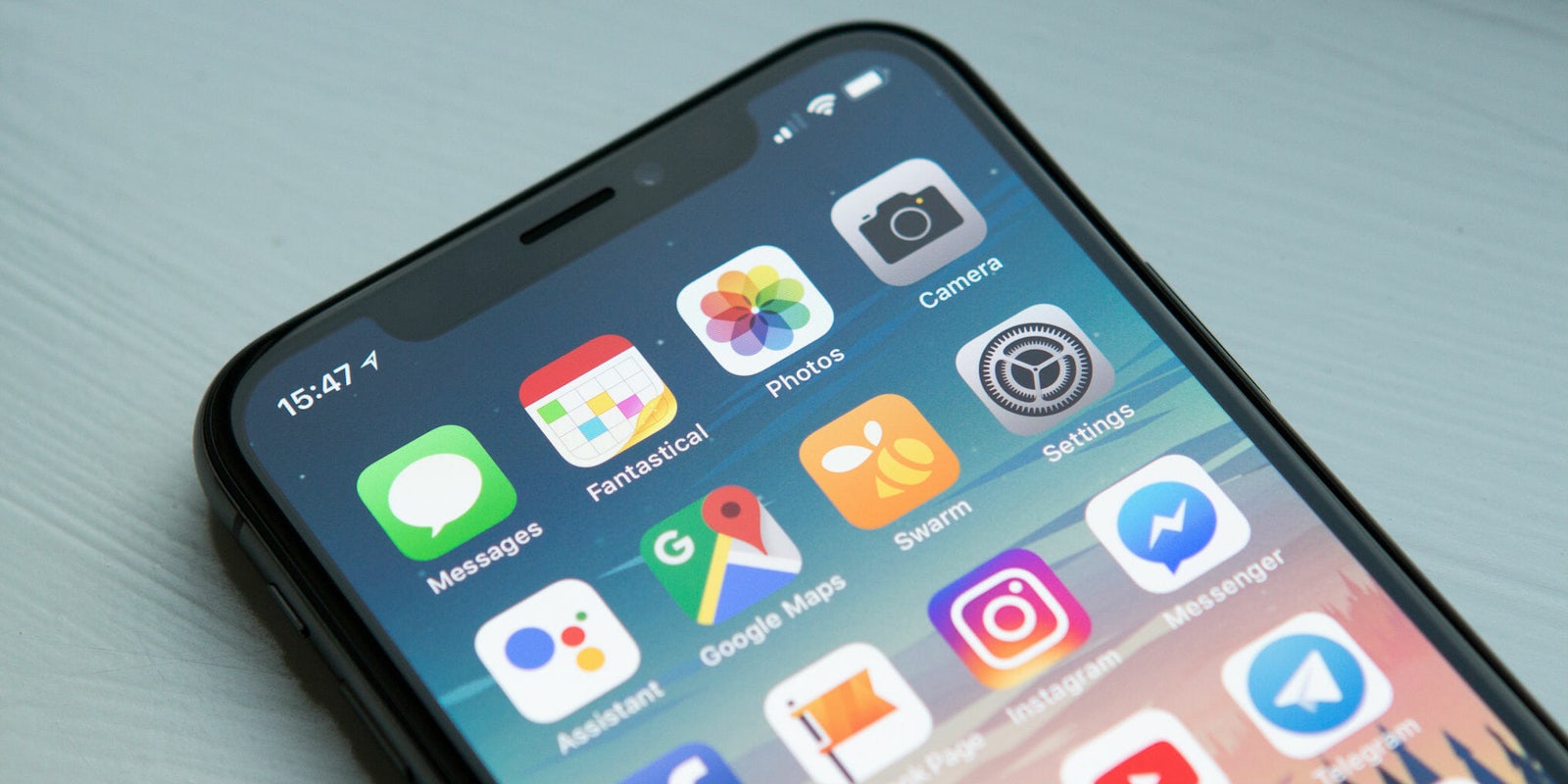Face ID has been fooled once again, this time, by a 10-year-old boy.
Ammar Malik was able to break into his mom’s iPhone X by looking at it. He picked up the phone, pointed the Face ID sensors his direction, and instantly gained access to the device, according to a report from Wired.
“My wife and I text all the time and there might be something we don’t want him to see,” Attaullah Malik, the boy’s father, told Wired. “Now my wife has to delete her texts when there’s something she doesn’t want Ammar to look at.”
Ammar was able to dependably unlock his mom’s iPhone X by tricking Face ID. He even once unlocked his father’s phone. You can see the young magician in action in the video below:
Ammar lost access to the phone after his mom re-registered Face ID. However, he had more luck after Wired asked his mom to re-register the device in the same low-light conditions as the first time she set it up. After a few successful attempts, the iPhone X learned Ammar’s face and granted him access again and again.
Apple is confident enough in its facial recognition technology to enable it as an authentication method for apps. That means if someone can trick Face ID, they could potentially gain access to banking information, credit cards loaded to shopping apps, and iOS apps like iTunes or the App Store.
When Wired reached out to Apple, it sent over its Face ID security white paper, which admits the authentication method can be fooled by twins, siblings who look alike, and children under the age of 13. But Malik isn’t buying it. He says the iPhone X doesn’t work as intended and pointed out the distinct facial features of his son and wife in a post on LinkedIn.
“He doesn’t fall under the “twins” exception and has a big age difference compared to my wife. His face is smaller than my wife’s face and the geometry of their faces don’t match, at least to human eyes.”
Apple said in the iPhone X keynote that there is a one-in-a-million chance that a random person can unlock an iPhone X with Face ID. That claim has been put to the test by customers and security researchers in the first few weeks following the launch of the flagship smartphone. Earlier this week, Vietnamese cybersecurity company Bkav claimed to have tricked Face ID using a $150 3D-printed mask. There are also several videos on YouTube showing how Face ID is unable to distinguish twins and siblings who look alike.
If you own an iPhone X and have kids or know someone who looks like you, you might want to start using a passcode.


